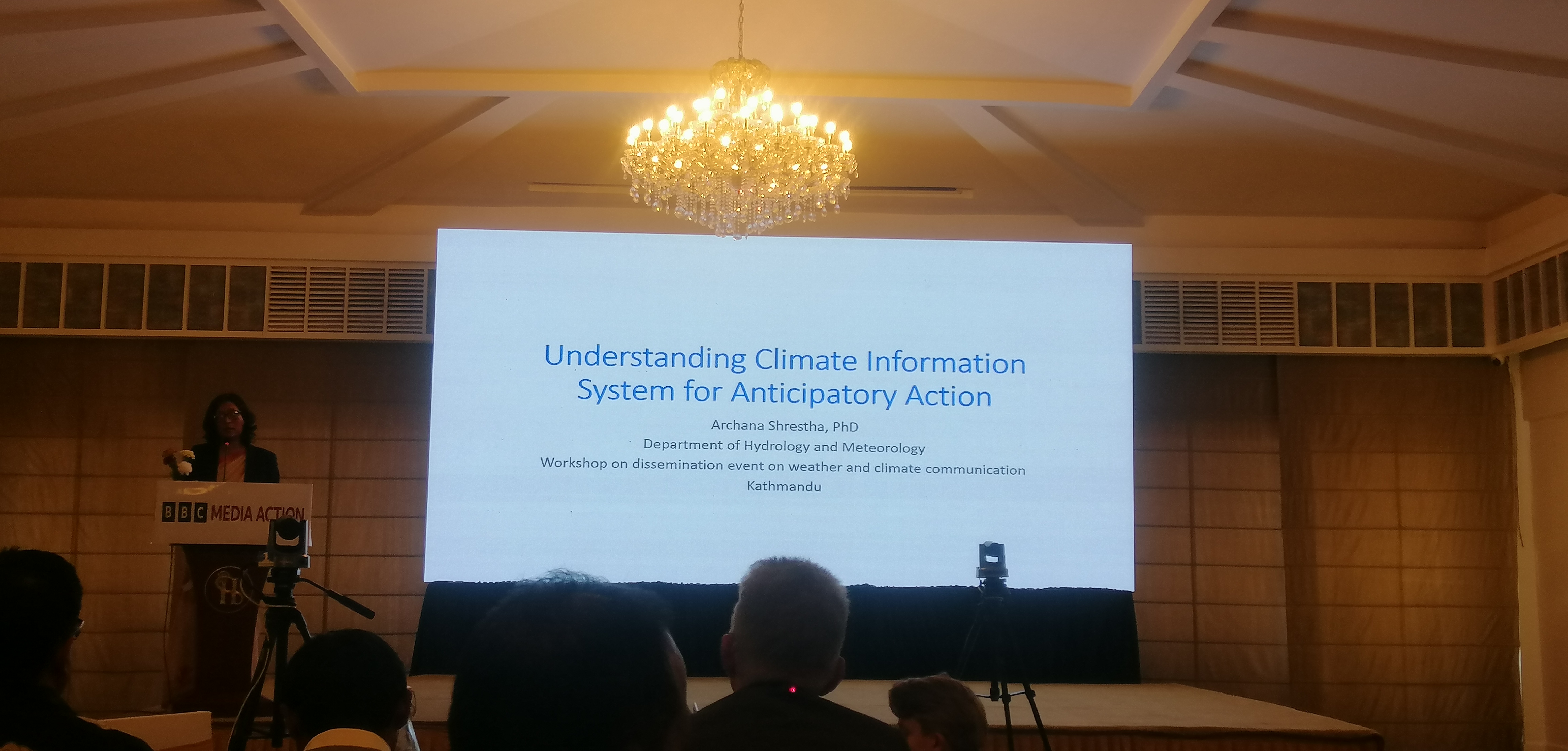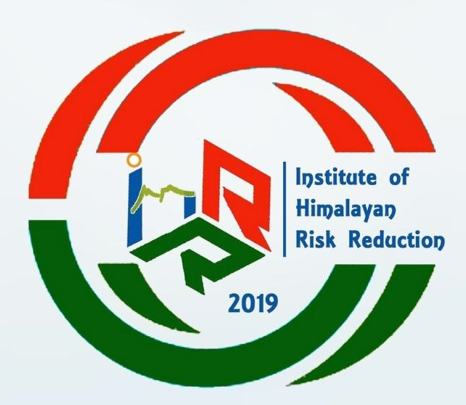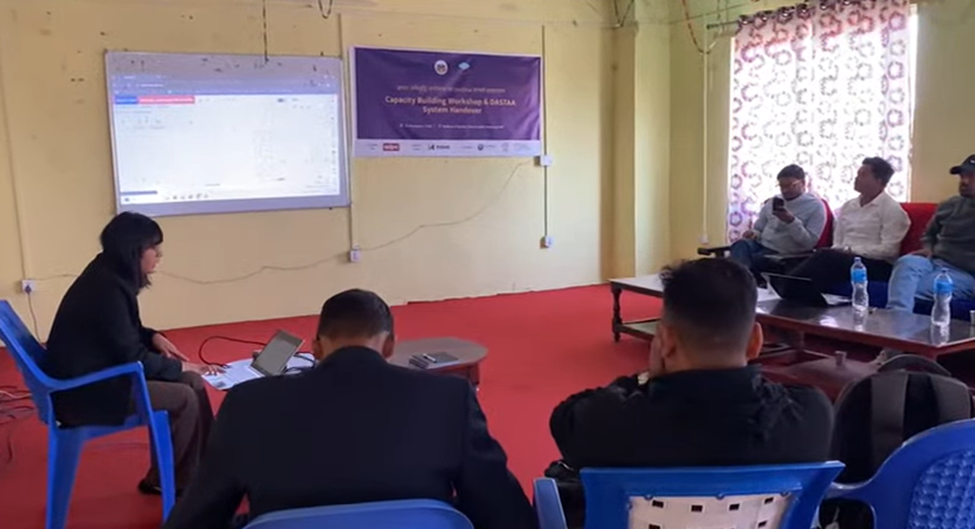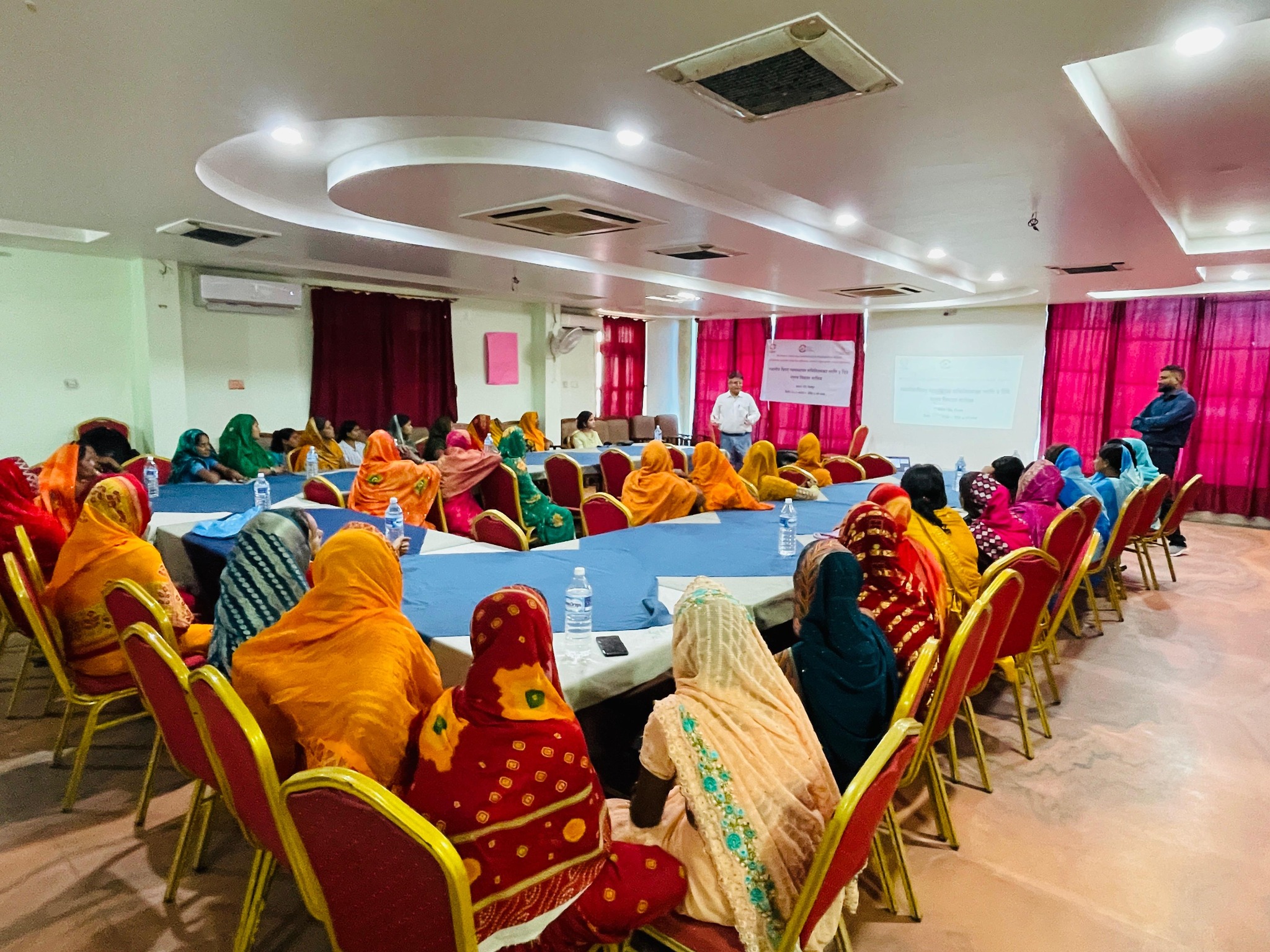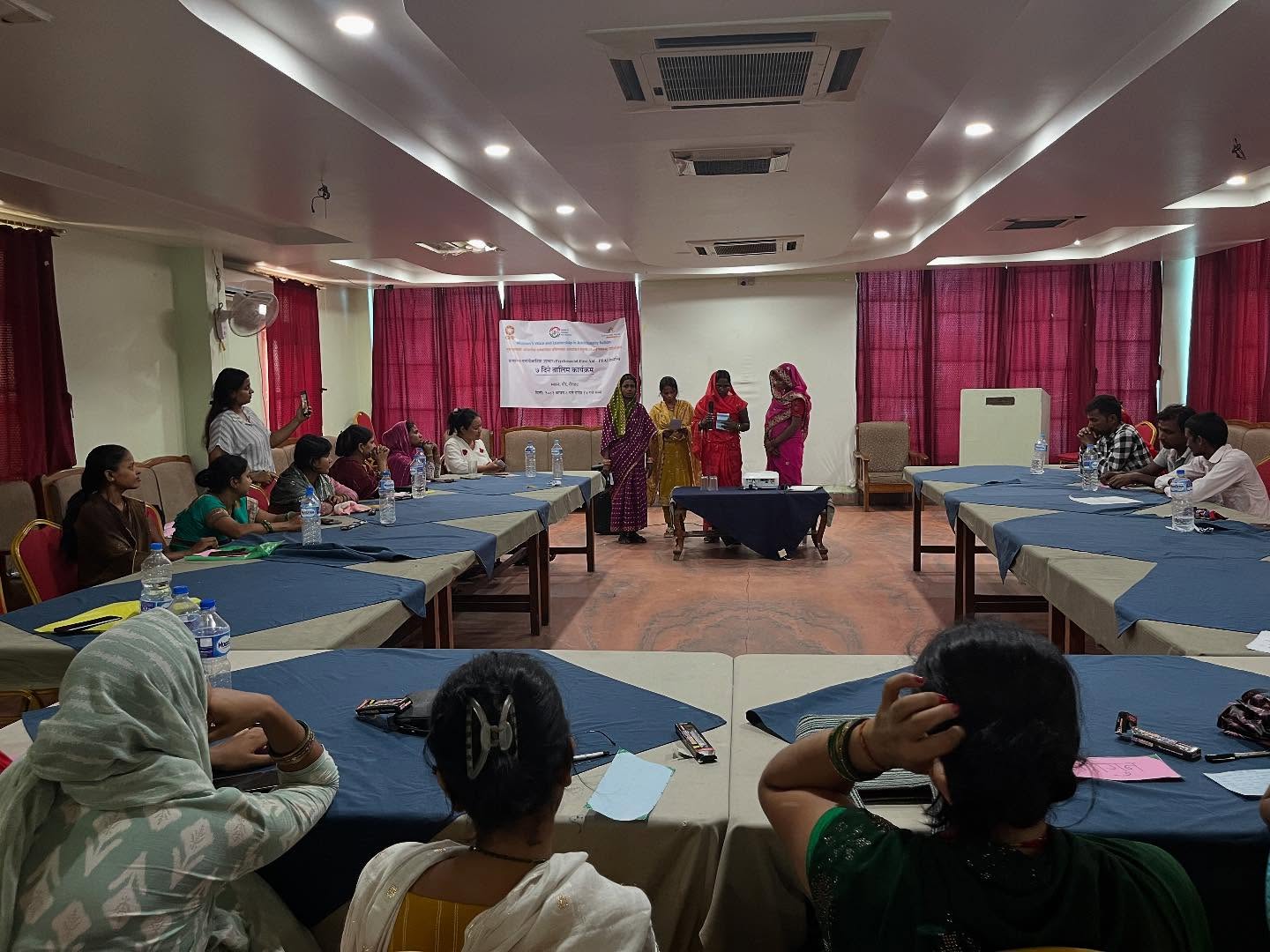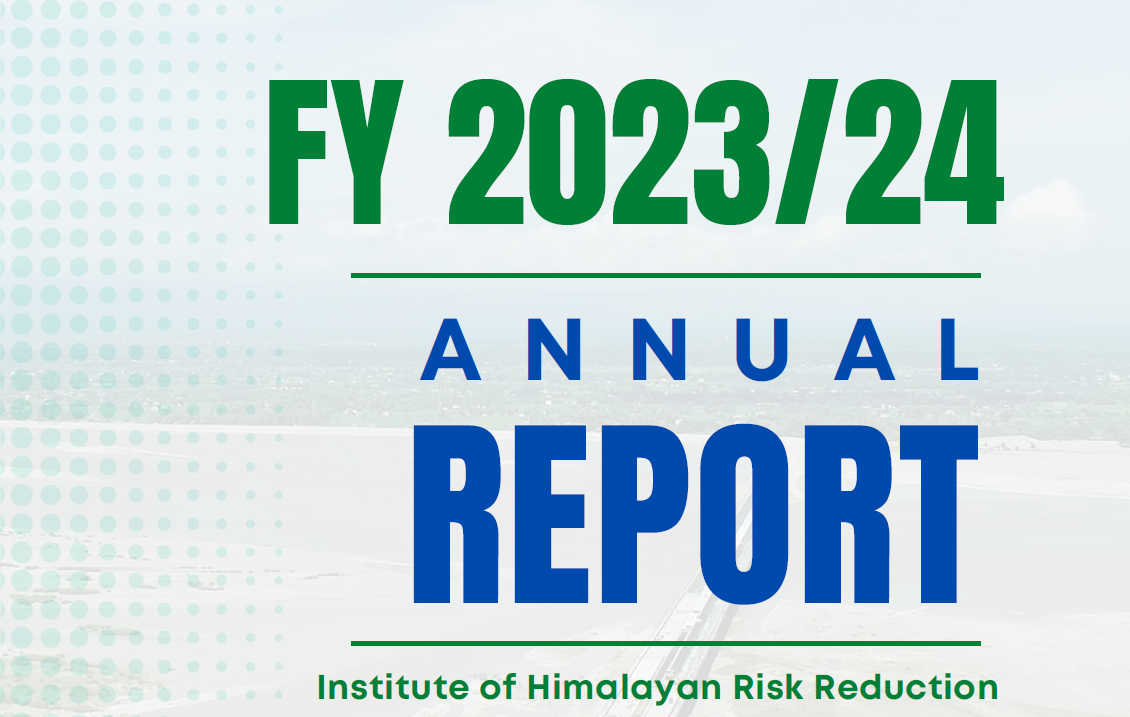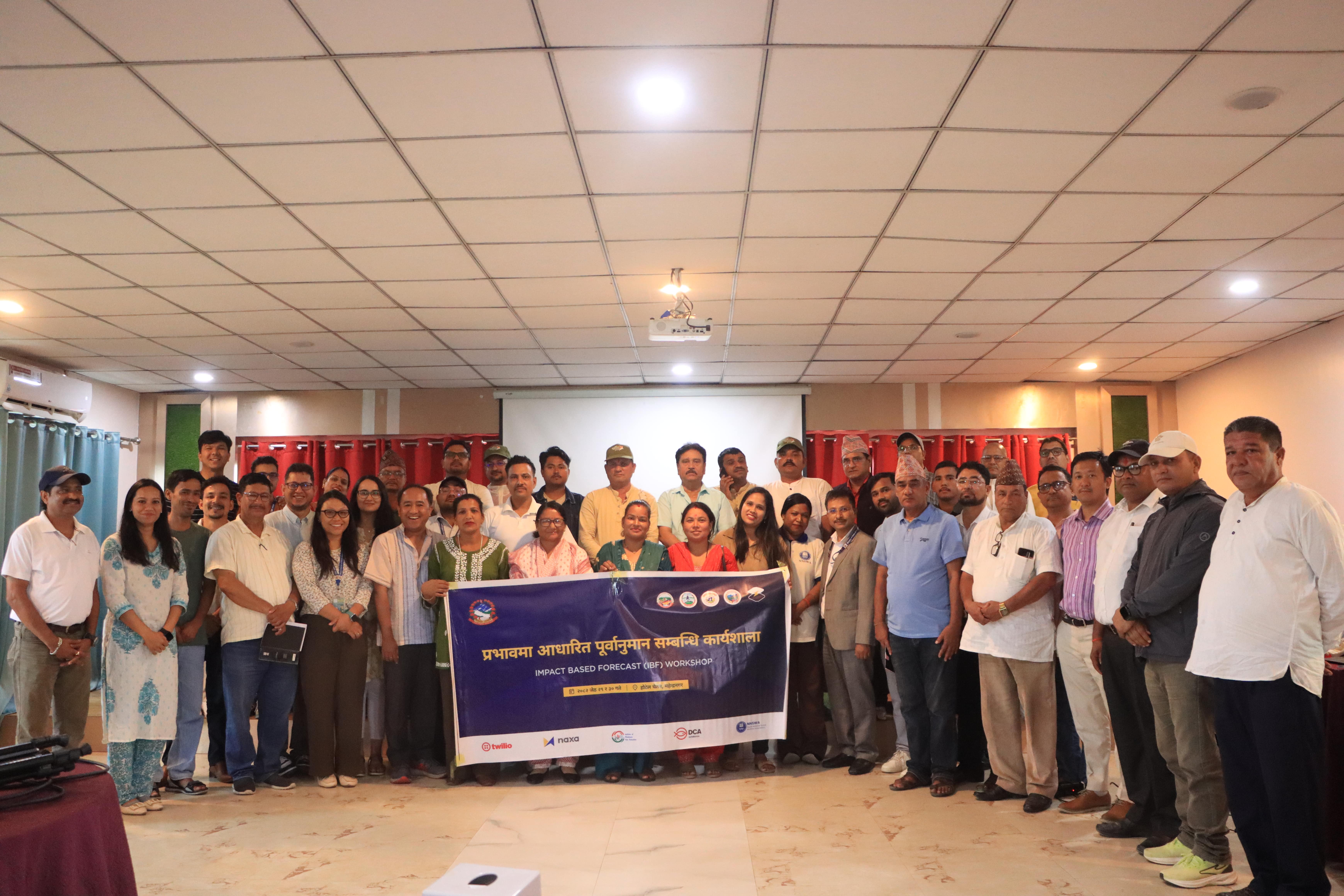On March 17, 2025, BBC Media Action organized a program focused on the Weather and Climate Information System (WCIS) under the theme "Bridging Community Voices to Action." The event brought together meteorologists, media professionals and other stakeholders from Kenya, Nepal, and Bangladesh, who shared insights from extensive surveys conducted across different regions of their respective countries. Ms. Manisha K.C. joined the program as a representative of IHRR.
The program also saw the participation of high-level representatives from Meteorological Departments of all three countries, including Director Generals (DG) and Deputy Director Generals (DDG). They shared their experiences in dealing with extreme events and improving forecast accessibility for the public. From Nepal, DDG Archana Shrestha of the Department of Hydrology and Meteorology (DHM) attended the event and shared Nepal’s experiences in handling extreme weather events and weather information dissemination.
The discussions revolved around key aspects of weather and climate information, including extreme weather events, internet usage for weather updates, weather dissemination effectiveness, and public perception of climate and weather systems.
Key Findings from Nepal
In Nepal, the survey revealed several important insights about public engagement with weather and climate information:
- Internet Usage for Weather Information: Around 80% of respondents in Nepal reported using the internet to access weather information.
- Radio as a Primary Source of Information: Despite growing internet use, radio remains a major source of weather updates, especially in Karnali Province.
- Perception of Extreme Weather Risks: Surprisingly, only 23% of respondents believed that extreme weather events could impact their lives.
- Community Cooperation During Extreme Events: Just 21% of people mentioned working together with their community during extreme weather events.
- Engagement with Weather Forecasts: Only 23% of respondents reported that they regularly read or listen to weather forecasts at least once a day.
- Receiving Weather Alerts: Only 16% of people received bad weather alerts via mobile SMS in the past year (B.S. 2081), pointing to the need for improved early warning systems and dissemination strategies.
Way Forward
The event emphasized strengthening collaboration between meteorological agencies, media organizations, and local communities to ensure that weather forecasts are accurate, accessible, and actionable. This collaborative initiative reflects a commitment to bridging the gap between scientific forecasting and community action, ensuring that people are well-informed and prepared for changing weather patterns.
